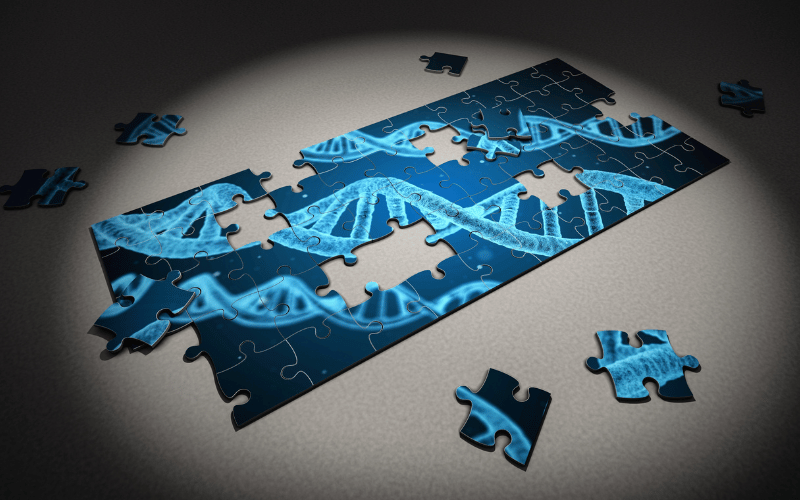Introduction: Tay-Sachs Disease Unveiled

Tay-Sachs is a name often heard, but the disease’s reality, its symptoms, the way it progresses, and the lives it affects are often shrouded in mystery and confusion. In this carefully crafted article, we will break down the enigma that is Tay-Sachs disease into 15 individual, detailed symptoms, and critical facts.
Understanding Tay-Sachs is more than a scientific endeavor; it’s a human story. Behind every fact and statistic are families grappling with life-altering diagnoses and the profound impact on children’s lives. By demystifying Tay-Sachs disease, we are not just sharing knowledge but extending empathy, fostering support, and inspiring hope.
While Tay-Sachs may be a rare genetic disorder, its implications are vast and complex. The disease doesn’t merely affect the one diagnosed but extends its shadow over entire families and communities. Whether you’re a concerned parent, a healthcare professional, or simply a compassionate human, understanding Tay-Sachs is not merely academic; it’s a step towards empathy, support, and perhaps, one day, a cure.
1. The Genetic Origin: Tay-Sachs’ Hereditary Nature

Tay-Sachs isn’t just a consequence of random events; it’s embedded in our very DNA. An autosomal recessive genetic condition, the responsibility for Tay-Sachs falls onto the HEXA gene. When mutations occur in this gene and are inherited from both parents, Tay-Sachs emerges.
Understanding this genetic basis is fundamental for potential parents. Those hailing from certain ethnic backgrounds might be more susceptible, requiring a closer look at family histories and possible genetic testing.
When both parents are carriers, a 25% chance exists that their offspring will be affected by Tay-Sachs. Another 50% chance exists that the child will become a carrier, and the remaining 25% likelihood indicates that the child will neither be a carrier nor be affected. These statistics are critical, guiding potential parents in family planning and medical consultations. (1)